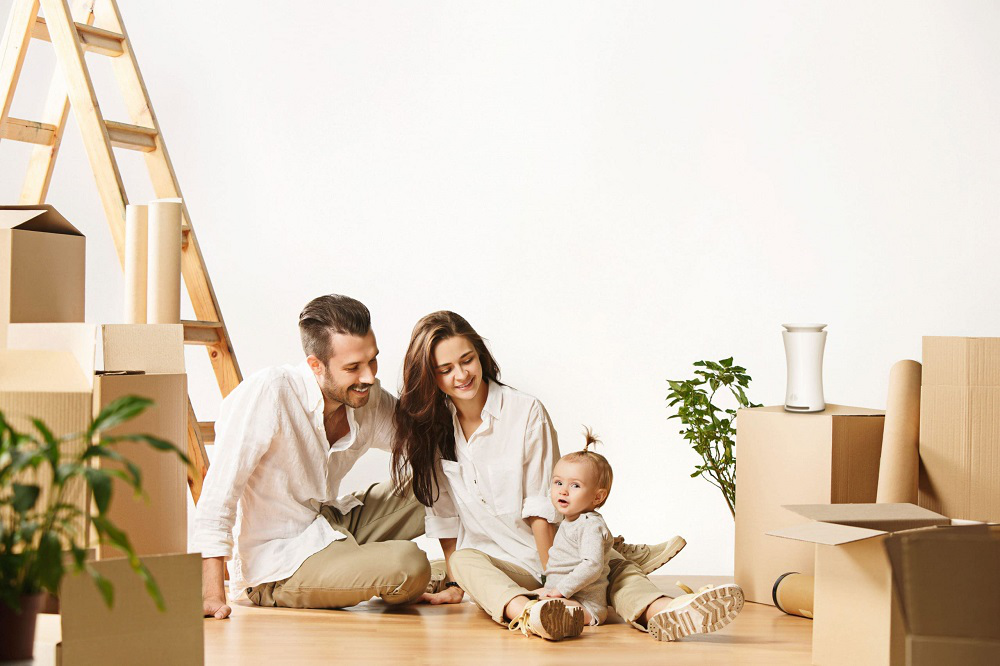
The onset of the Covid-19 pandemic forced many people to stay indoors. They had no choice: either they stay inside their homes for much longer periods of time, or they spend time inside a hospital, the Intensive Care Unit (ICU), for that matter, and fight for their lives.
Much attention has been drawn to the quality of air we breathe whenever we are outside of our homes or our offices, even issues related to climate change. With all the dangerous air pollutants wafting through the air, a lot of effort has been thrown to combat these harmful particles and gases present in the air.
But what about inside of our homes? It seems so much effort was put into outdoor air quality that many have forgotten to check on whether the air we breathe inside our homes or offices is safe or not.
Since the majority of the people around the world stay indoors around 80-90 percent of the time in many countries, particularly in some modern societies, there has been growing concern about indoor air quality (IAQ) over the last decade or so.
Many believe that Indoor Air Quality (IAQ) is undoubtedly one of many serious considerations when it comes to talk related to health and wellbeing. To achieve a healthier and higher quality of life, the air around us should be breathable enough so people can avoid contracting respiratory ailments and other chronic conditions brought about by air pollutants.
The effects of these pollutants on people vary, and effects may manifest after one exposure or sometimes after repeated exposures to certain pollutants, according to the United States Environmental Protection Agency (EPA).
Some examples of effects of pollutants are eye, nose or throat irritation, it can be fatigue, dizziness or headaches. The EPA noted that these effects may be immediate, generally short term and definitely treatable, as long as the source. Treatments may vary; sometimes, removing the person from the source of the pollution is enough. But for some, a short degree of exposure may be harmful already, especially to those with asthma.
There are other factors that may elicit reactions such as age and even pre-existing medical conditions, the EPA noted, and people’s sensitivities with regard to reaction to pollutants also varies.
The main point now in order to prevent these air pollutants from affecting people’s health is to be able to identify them. We know that these are the biological ones that can trigger allergic reactions. Pollutants like pollen, mold, dander, dust mites, pet fur, or what is called “combustible pollutants” like smoke coming from the furnace, from the kitchen if we tend to cook outdoors and use wood for fuel and more importantly, cigarette or cigar smoke. Gases like formaldehyde, radon, are also health threatening.
But how do we know which is which? Just knowing they’re present in the air is just half the battle; knowing which kind they are and identifying them correctly allows us to strategize and think of solutions to eliminate them.
This is where a smart and low-cost indoor air quality monitor such as uHoo comes in. uHoo can properly identify and monitor up to 9 indoor air pollutants such as carbon dioxide (CO₂), carbon monoxide (CO), ozone (O₃), nitrogen dioxide (NO₂), total volatile organic compounds (TVOCs), and particulate matter with a diameter of less than 2.5 μm (PM₂.₅), which is more common during autumn and wildfire season.
uHoo comes with the world’s best uHoo Virus Index, a 1-10 scoring system to know the degree or level of presence of air pollutants inside the home, or even a small office. Knowing who your enemy is up there in the air allows you to take the necessary steps to clean the air of these poison in the air, and make your family breathe safely, comfortably, and worry-free.
Protect your homes. Protect your loved ones. Protect yourselves. With air pollutants effectively controlled and managed with the use of a uHoo smart indoor air quality monitor as an ally, you know everyone’s safe. With the kind of dangerous environment outside our homes always threatening us in terms of the air we breathe, let’s start to protect and maintain the quality of air we breathe inside our homes. We owe it to our families, loved ones, or even friends who come and visit us.
Get uHoo, and take the first step to clean air.


